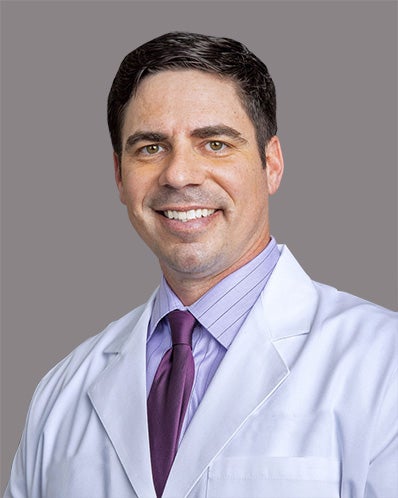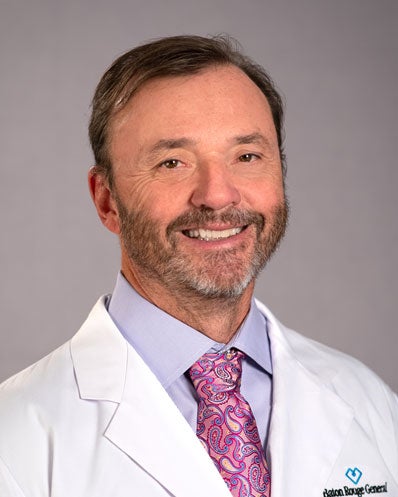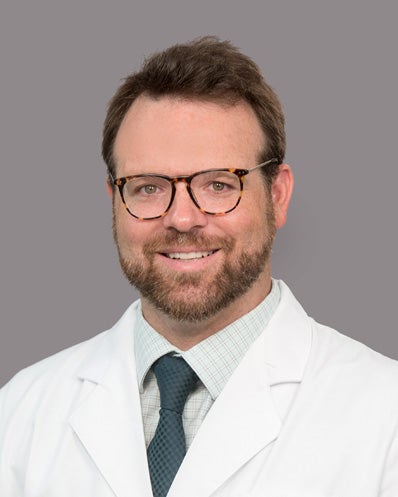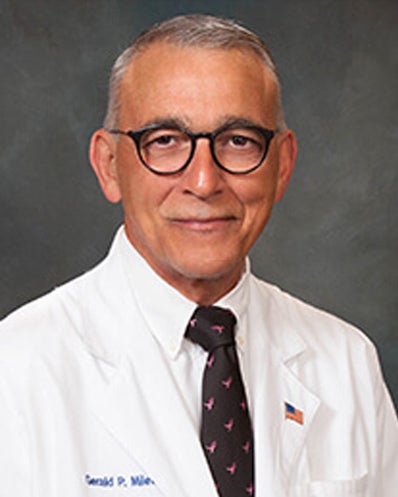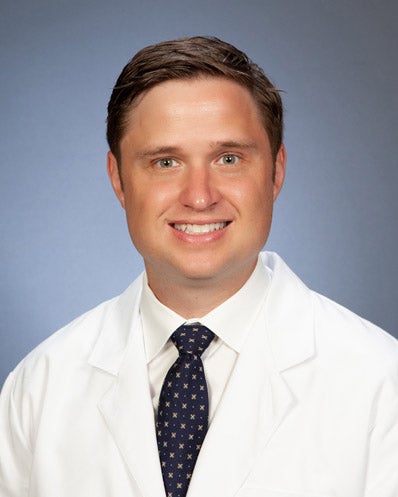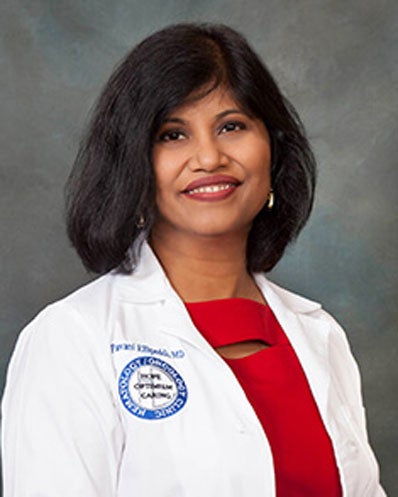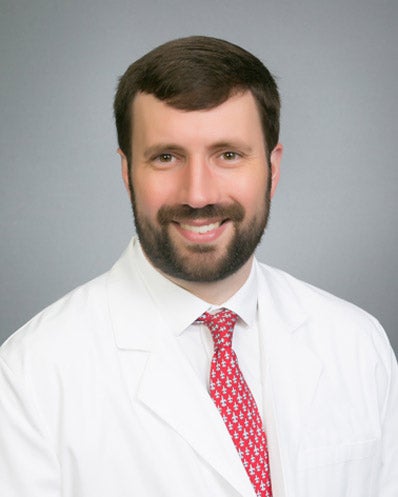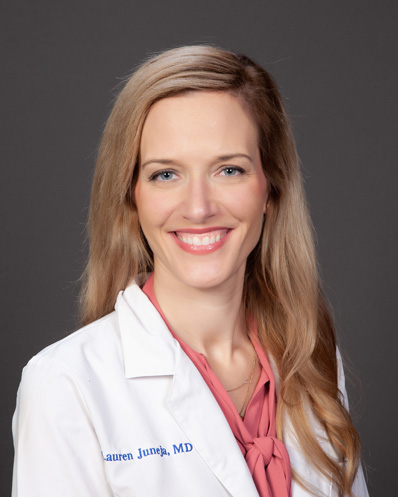Treatment Options
The type of treatment you need will depend on the type of cancer you have, its location, its growth and the stage of development it’s reached. Some patients will only have one treatment, but most have a combination, such as surgery with radiation therapy.
Cancer treatments and your body’s reactions to them will vary, so your healthcare team will discuss your best options for care and will explain the process step by step. Be sure to talk to your patient navigator at any point about questions or concerns.
Treatment Options
Your treatment plan may include a combination of two or three of these treatments, and each method requires a specialist in that technique. For instance, if your treatment required surgery, your cancer care team would consult a surgical oncologist, and if you need chemotherapy, a medical oncologist would be added to your treatment team to oversee your chemo and manage your care.
These specialists work collaboratively as a team to ensure each patient gets the treatments needed for their individual case. At Baton Rouge General Cancer Center, our physicians specialize in each of the different types of cancer, as well as different types of treatment.
-
 John J. Tabor, MDAdvanced Robotics Institute, General Surgery, Robotic Assisted Surgery, Surgical Oncology
John J. Tabor, MDAdvanced Robotics Institute, General Surgery, Robotic Assisted Surgery, Surgical Oncology- 225-333-3800
-
 Katherine Castle, MDRadiation Oncology
Katherine Castle, MDRadiation Oncology- 225-763-4300
-
 Peter J. Bostick, MDRobotic Assisted Surgery, Surgical Oncology
Peter J. Bostick, MDRobotic Assisted Surgery, Surgical Oncology -
 Michael J. Castine, MDHematology, Hematology Oncology, Medical Oncology
Michael J. Castine, MDHematology, Hematology Oncology, Medical Oncology -
 Kellie Schmeeckle, MDHematology Oncology, Medical Oncology
Kellie Schmeeckle, MDHematology Oncology, Medical Oncology- 225-215-0800
-
 Cody Milliman, MDHematology Oncology, Medical Oncology
Cody Milliman, MDHematology Oncology, Medical Oncology- 225-215-0800
-
 V. Keith Rhynes, MD,MBA,FACSAdvanced Robotics Institute, General Surgery, Robotic Assisted Surgery, Surgical Oncology
V. Keith Rhynes, MD,MBA,FACSAdvanced Robotics Institute, General Surgery, Robotic Assisted Surgery, Surgical Oncology- 225-333-3800
-
 Patrick J. McLaren, MDAdvanced Robotics Institute, General Surgery, Hepato Pancreatico Biliary Surgery, Robotic Assisted Surgery, Surgical Oncology
Patrick J. McLaren, MDAdvanced Robotics Institute, General Surgery, Hepato Pancreatico Biliary Surgery, Robotic Assisted Surgery, Surgical Oncology- 225-333-3800
-
 Gerald P. Miletello, MDHematology, Hematology Oncology, Immunotherapy, Medical Oncology
Gerald P. Miletello, MDHematology, Hematology Oncology, Immunotherapy, Medical Oncology -
 William Varnado, MDHematology Oncology, Medical Oncology
William Varnado, MDHematology Oncology, Medical Oncology- 225-215-0800
-
 David Caletri, MDRadiation Oncology
David Caletri, MDRadiation Oncology -
 Gregory Henkelmann, MDRadiation Oncology
Gregory Henkelmann, MDRadiation Oncology- 225-767-0847
-
 Divyang Mehta, MDRadiation Oncology
Divyang Mehta, MDRadiation Oncology- 225-763-4300
-
 Victor Lin, MD,PhDClinical Genetics, Hematology, Hematology Oncology, Medical Oncology
Victor Lin, MD,PhDClinical Genetics, Hematology, Hematology Oncology, Medical Oncology- 225-767-1311
-
 Henry O. Williams, MDRadiation Oncology, Therapeutic Radiological Physics
Henry O. Williams, MDRadiation Oncology, Therapeutic Radiological Physics -
 Pavani Ellipeddi, MDHematology, Hematology Oncology, Medical Oncology
Pavani Ellipeddi, MDHematology, Hematology Oncology, Medical Oncology -
 Daniel LaVie, MDHematology Oncology, Medical Oncology
Daniel LaVie, MDHematology Oncology, Medical Oncology- 225-215-0800
-
 Lauren Juneja, MDHematology Oncology, Medical Oncology
Lauren Juneja, MDHematology Oncology, Medical Oncology- 225-215-0800
-
 Konstantin "Kos" Kovtun, MDRadiation Oncology
Konstantin "Kos" Kovtun, MDRadiation Oncology- 225-763-4300
-
 Maurice King, Jr., MDRadiation Oncology
Maurice King, Jr., MDRadiation Oncology- 225-763-4300
-
 Bryan Bienvenu, MDHematology Oncology, Medical Oncology
Bryan Bienvenu, MDHematology Oncology, Medical Oncology- 225-767-1311
-
 Charles Wood, MDRadiation Oncology
Charles Wood, MDRadiation Oncology- 225-763-4300
-

Cancer is hard in so many ways, taking an emotional toll on the patient, as well as caregivers, family, and friends. Once treatment is complete and ...
Continue Reading -

The FDA has granted accelerated approval for a first-of-its-kind, cell-based immunotherapy being touted as a breakthrough treatment option for ...
Continue Reading -

If you’re between 50-77 years old and currently smoke, or quit smoking in the past 15 years, you could benefit from regular low-dose CT scans to ...
Continue Reading -

Even if your tween or teen isn’t one of the more than 1 in 10 middle or high schools students vaping, some of their friends probably are. And beyond ...
Continue Reading -

When you think “mid-life crisis,” a complete career change may not be the first thing to come to mind. Little did Claudia Boudreaux know that starting ...
Continue Reading -

New data shows that certain kinds of cancer are being diagnosed more often in younger adults, and the increases seem to be driven by cancers in ...
Continue Reading -

When most people think of breast cancer, they think of finding that tell-tale lump in the breast, but one is six people don’t report having a lump ...
Continue Reading -

Lack of time is one of the top reasons people say they don’t exercise, but even the busiest bees can find a few minutes in their day! A new study in a ...
Continue Reading -

First came the support, then the hope. That was the prescription that worked for Shaun Ward during her cancer journey. She counts herself lucky that ...
Continue Reading -

Along with the tributes following Jimmy Buffett’s death came the details about the rare skin cancer the beloved performer had been dealing with. For ...
Continue Reading


